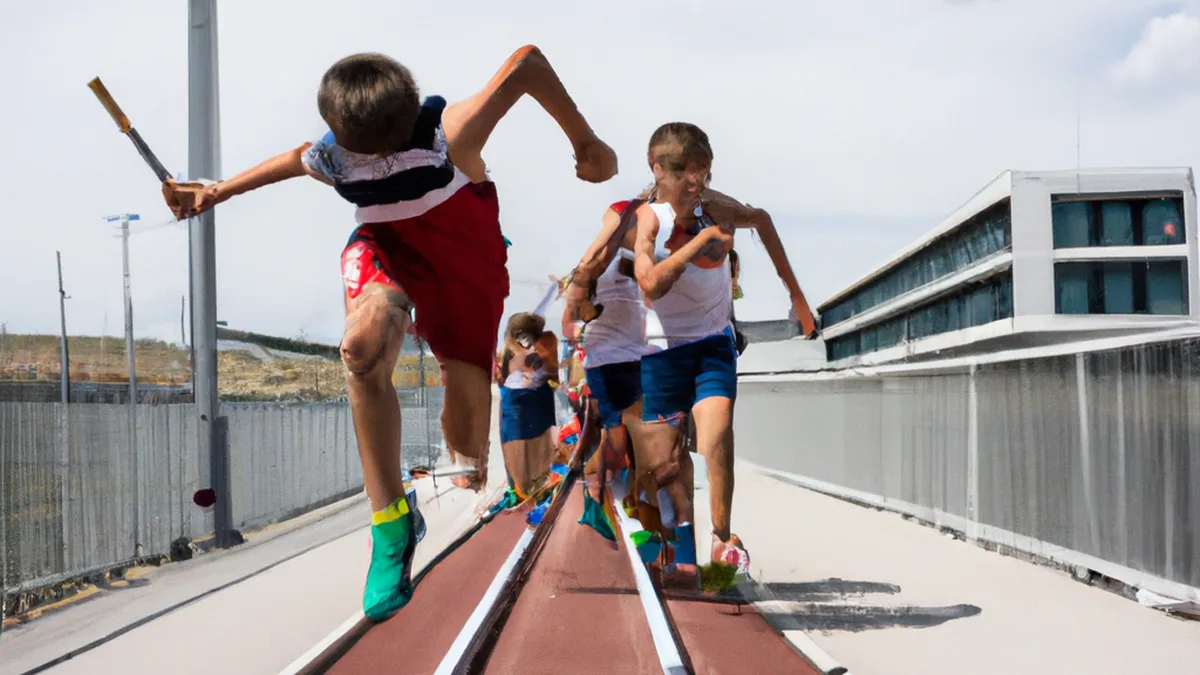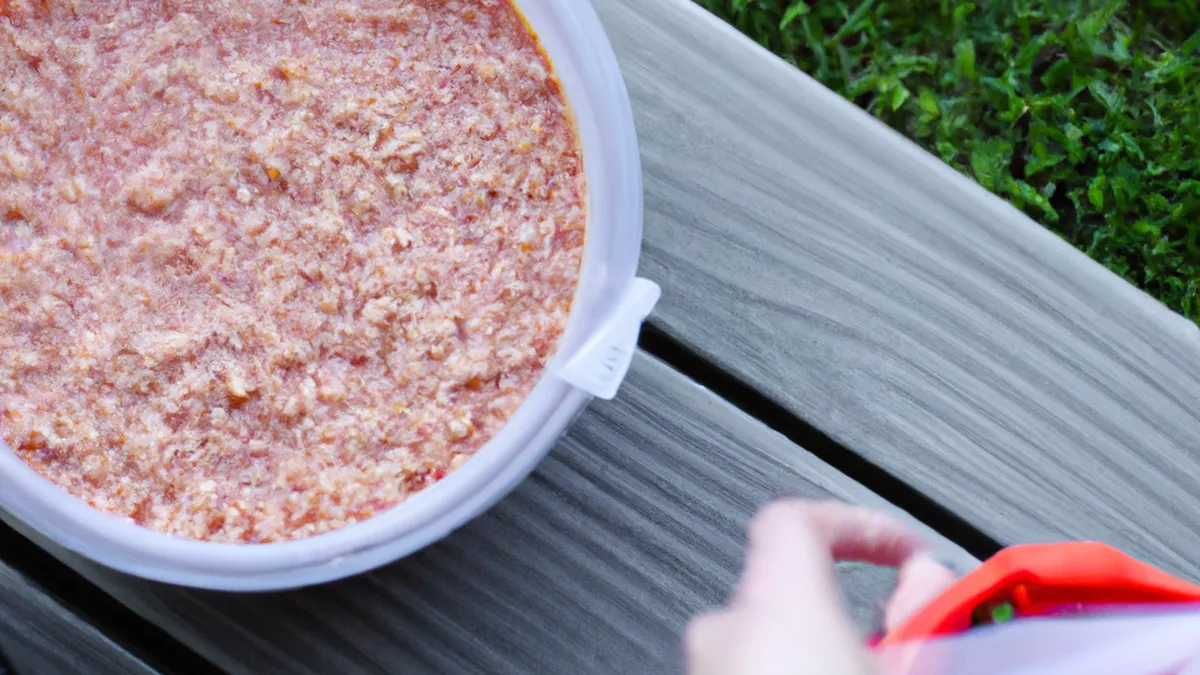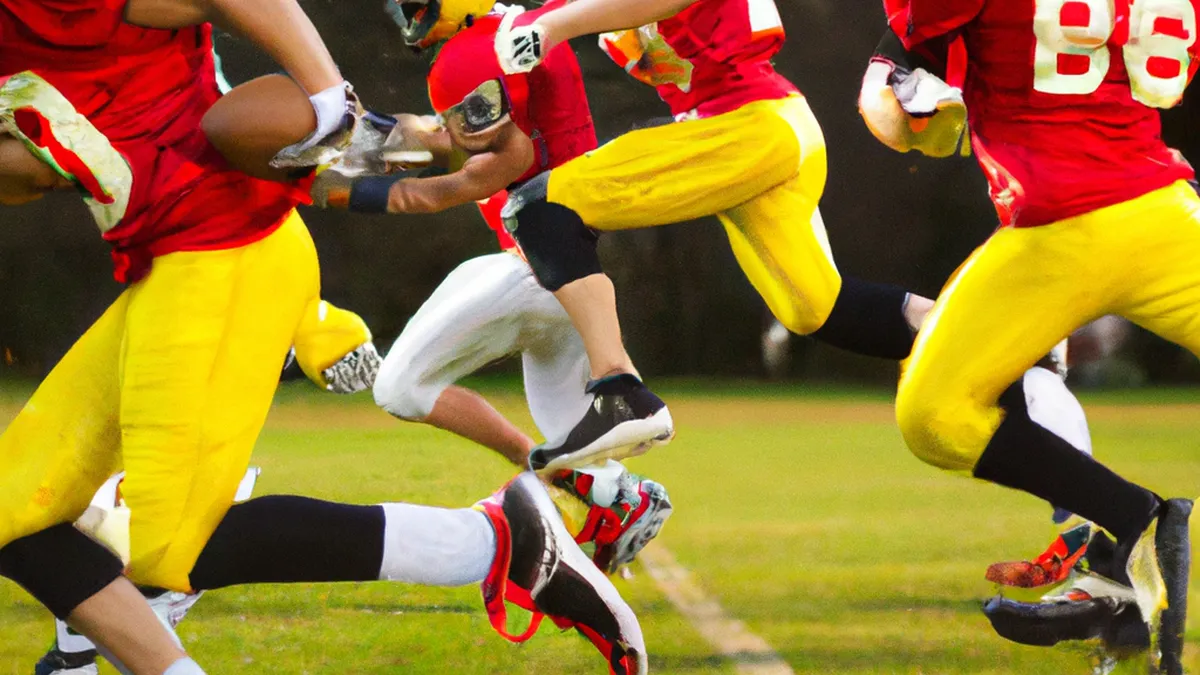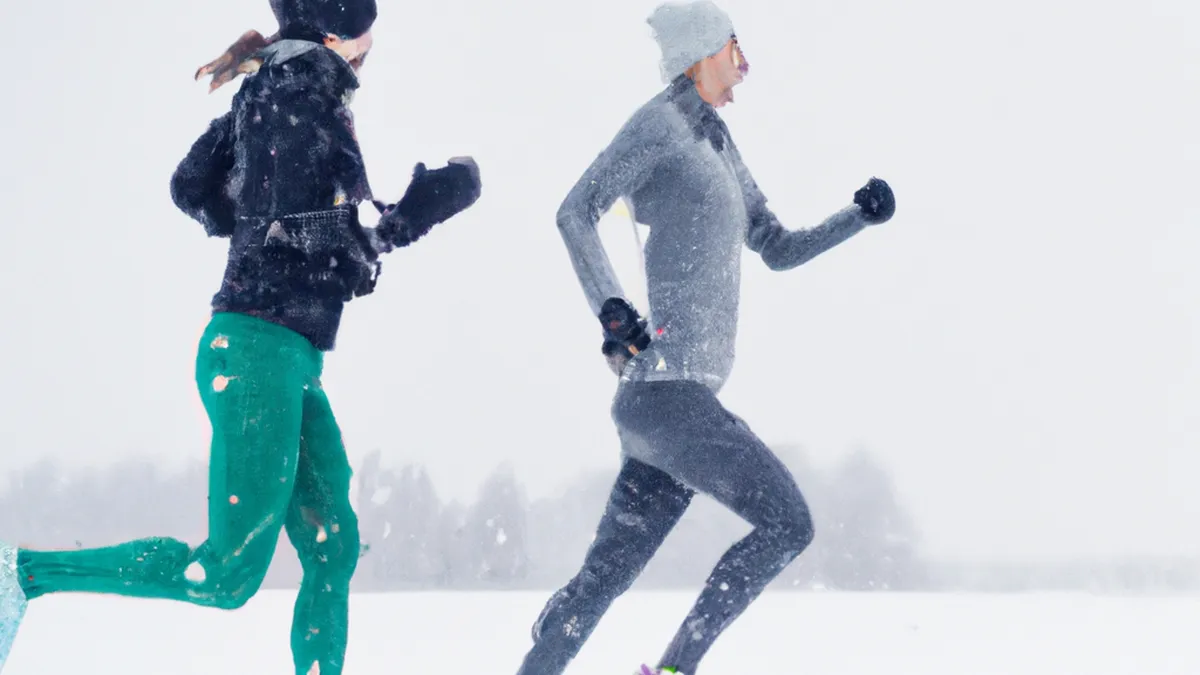Heat Resilience: Skills for Young Competitors
Youth Competitive Strategies in HeatAs summer approaches, youth athletes face challenges during competitions. The heat affects their performance, stamina, and health. Therefore, young competitors must learn to cope with hot conditions. This blog explores strategies for thriving in heat, tips to stay cool, and the benefits of these practices.
Recognize the Signs of Heat Stress
First, athletes must recognize signs of heat stress. Symptoms like dizziness, headaches, nausea, and fatigue indicate overheating. Early recognition allows athletes to cool down and rehydrate quickly. Coaches and parents should monitor these symptoms to support young athletes.Understanding heat-related illness stages benefits athletes. Heat exhaustion can escalate to heat stroke without prompt action. Heat stroke symptoms include confusion, rapid pulse, and loss of consciousness. These require immediate medical attention. Educating athletes about these signs helps them protect themselves during competitions.
Hydration is Key
Proper hydration is crucial for all athletes, especially in the heat. Water regulates body temperature and replaces fluids lost through sweat. Young athletes should drink water before, during, and after activities. Encourage them to sip water regularly, even without thirst, as thirst may not indicate hydration needs.For intense activities lasting longer than an hour, electrolyte beverages help. These drinks replace essential minerals lost through sweat, aiding performance and recovery. Limit sugary drinks to prevent dehydration. Parents and coaches should emphasize balanced options that hydrate without excessive sugar.
Schedule Practices Wisely
Timing is vital when training in hot conditions. Schedule practices during cooler parts of the day, like early morning or late evening. If possible, choose shaded areas to reduce exposure to direct sunlight and heat.Consider shortening practice durations. Frequent breaks allow athletes to cool down and rehydrate, preventing overheating. Adjust practice intensity based on temperature. On particularly hot days, focus on skill work instead of endurance training. This approach reduces heat stress risk while developing skills.
Adjust Clothing and Gear
As an Amazon Associate I earn from qualifying purchases.
Gear tip: consider soft flask, cooling towel, and electrolyte mix to support this topic.
Choosing the right clothing is vital for athletes in heat. Lightweight, breathable fabrics help regulate body temperature. Encourage athletes to wear light-colored clothing that reflects sunlight. Moisture-wicking materials pull sweat away from the body, keeping athletes cooler.Additionally, consider the gear being used. Heavy or overly restrictive gear can contribute to overheating.
Conclusion
In summary, recognizing heat stress signs, staying hydrated, scheduling practices wisely, and adjusting clothing contribute to athlete safety and performance.
Below are related products based on this post:
FAQ
What are the signs of heat stress in young athletes?
Signs of heat stress include dizziness, headaches, nausea, and fatigue. Early recognition of these symptoms allows athletes to cool down and rehydrate quickly, which is crucial for their health and performance.
Why is hydration important for youth athletes in hot conditions?
Hydration is essential because it regulates body temperature and replaces fluids lost through sweat. Young athletes should drink water consistently before, during, and after activities to maintain optimal hydration levels.
How can practices be scheduled to help athletes cope with heat?
Practices should be scheduled during cooler times of the day, such as early morning or late evening. Additionally, shortening practice durations and providing frequent breaks can help athletes cool down and rehydrate, reducing the risk of heat stress.















Post Comment